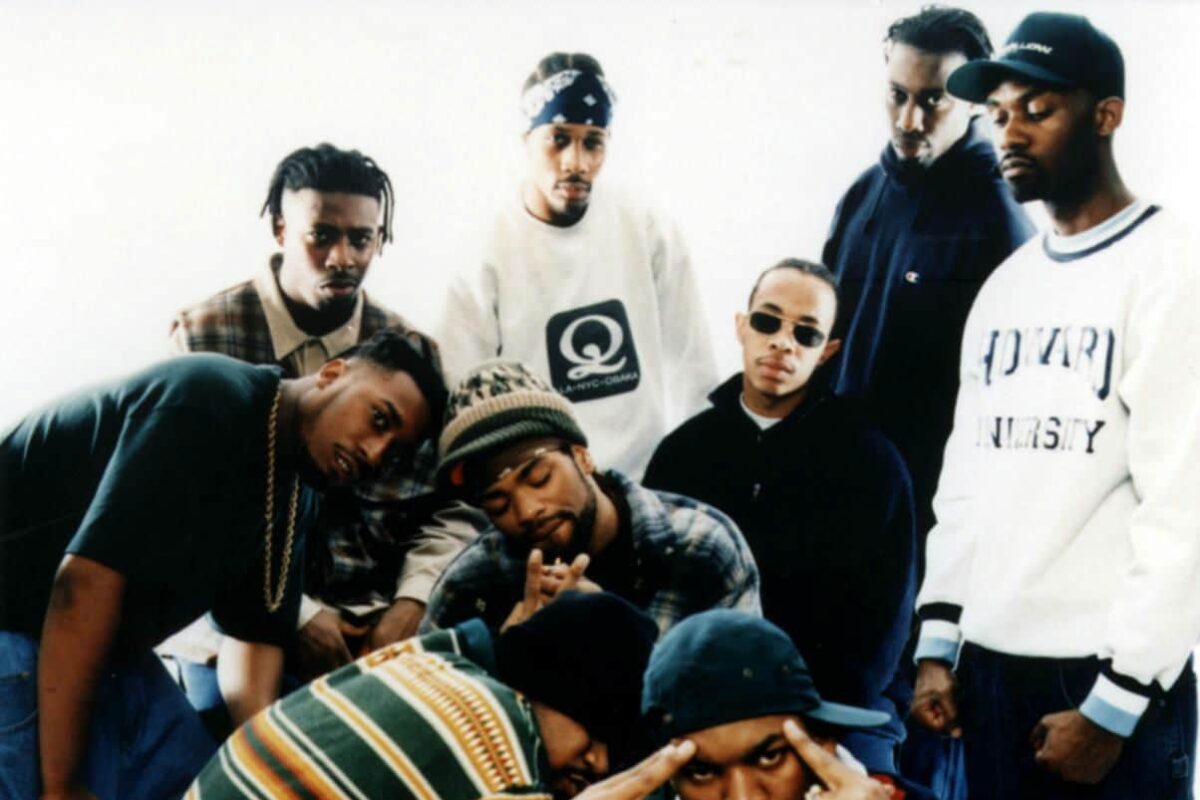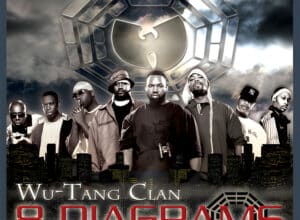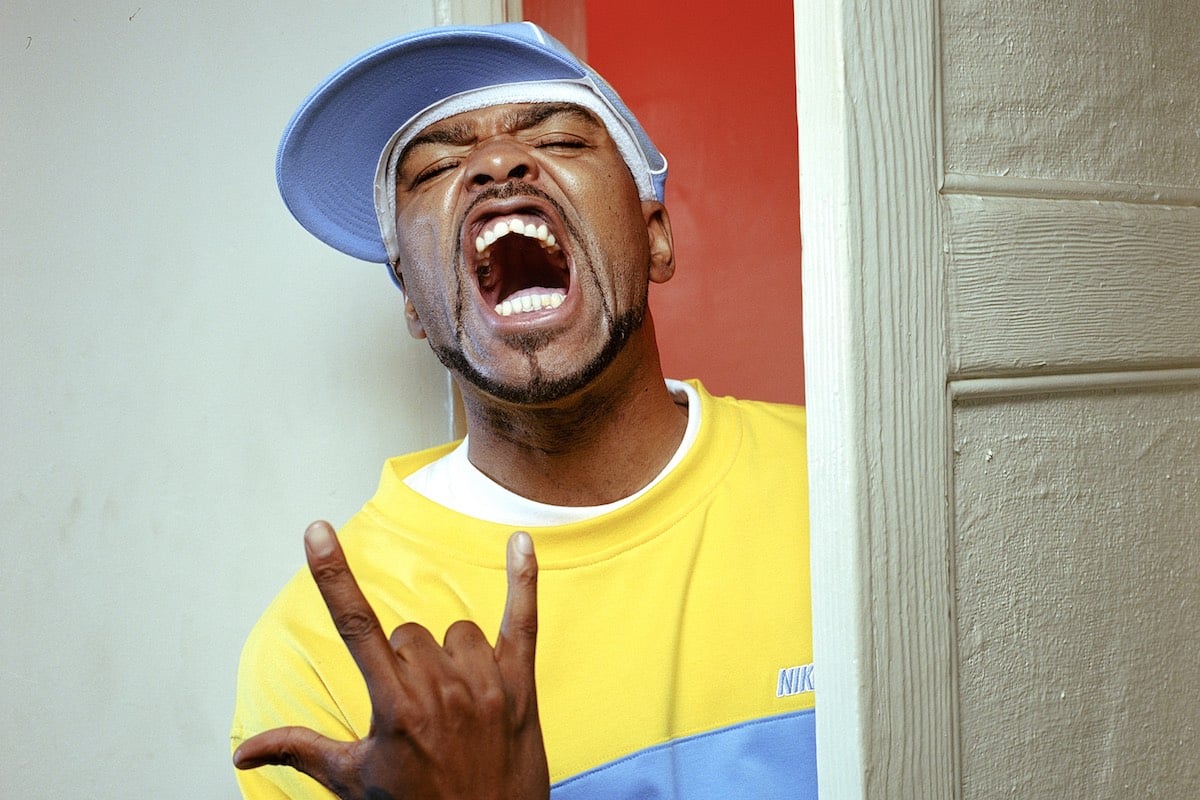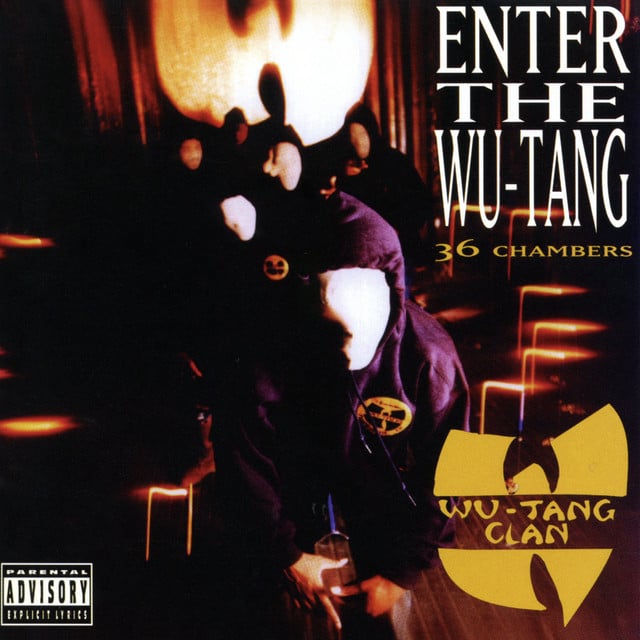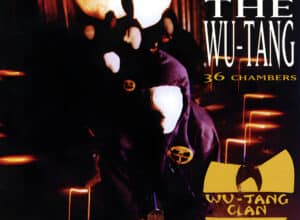Released: 1993 • Features: Method Man, Raekwon, Inspectah Deck, Buddha Monk
“C.R.E.A.M.” by the Wu-Tang Clan is an undisguised commentary on the harsh reality of life on the streets, capturing the effects of socioeconomic struggle, crime, and the all-encompassing influence of money. This hip-hop classic stands as a veritable representation of the group’s life experiences growing up in New York, using money and its lure as a central theme to depict how ‘cash rules everything around me.’
Opening with an allusion to the harsh, crime-ridden streets of New York, Inspectah Deck paints a vivid picture of his upbringing. The phrase ‘rockin’ the gold tooth, ‘Lo goose’ brings to mind the street style of the era. Now here’s the pivot—the ‘drug loot’. To ‘gee off,’ in the slang of the streets, is to make money, underscoring his initiation into drug dealing as a path to survival and prosperity. The ‘white boys in ball courts’ stands as a metaphor for easy targets, their innocence contrasted with the stark realities Deck navigates.
The ‘same damn ‘Lo sweater’ symbolizes the stagnant state of his existence—trapped in a cycle of crime with dreams of breaking free. The ‘sick ass click’ he joins refers to Wu-Tang Clan, picturing their shared ambition of making it big in the music industry. The phrase ‘Catchin’ keys from across seas’ could be seen as their dream of universal acclaim for their music, their ‘keys’ to the bigger world outside their tough neighborhood.
![Enter The Wu-Tang (36 Chambers) [Expanded Edition]](https://beats-rhymes-lists.com/wp-content/uploads/2024/01/image-2.jpeg)
Moving on to Raekwon’s verse, he gets more personal, diving into his own experiences. ’22 long hard years,’ a reference to his age at the time, highlights the struggle of his existence and the introspection it sparked. When he says, ‘I went to jail at the age of 15,’ it’s as though he’s marking out the milestones of his life not by conventional rites of passage, but by his experiences with crime and punishment.
The poignant lines ‘Living in the world no different from a cell’ speak volumes of his disillusionment. The reference to ‘Jakes givin’ chase’ alludes to the police, another omnipresent element of their existence. Yet amid this grim reality, he harbors hope—the ‘dream with plans to make C.R.E.A.M.’
In the final verse, the ‘Old Earth’ denotes an older woman or mother figure, perhaps offering advice to persevere through hardship. The concluding lines convey Raekwon’s role as a mentor to the younger generation, sharing his wisdom with the ‘young black youth’, even though his advice may often fall on deaf ears.
‘C.R.E.A.M.’ is, put simply, a raw chronicle of the Wu-Tang Clan’s early life. It’s a lyrical petition against the ceaseless wheel of poverty and crime, and a bold assertion of the power of money—personified in the repetitive chants of ‘Cash rules everything around me, C.R.E.A.M. get the money.’
